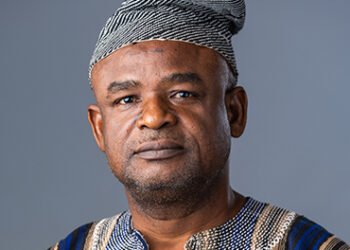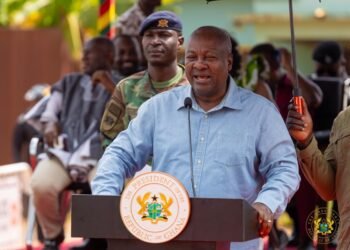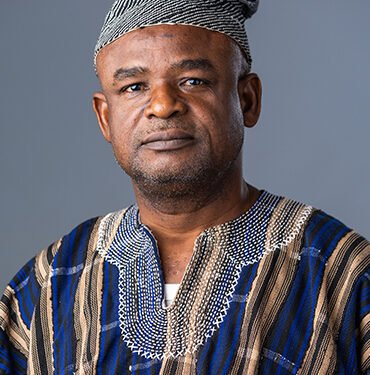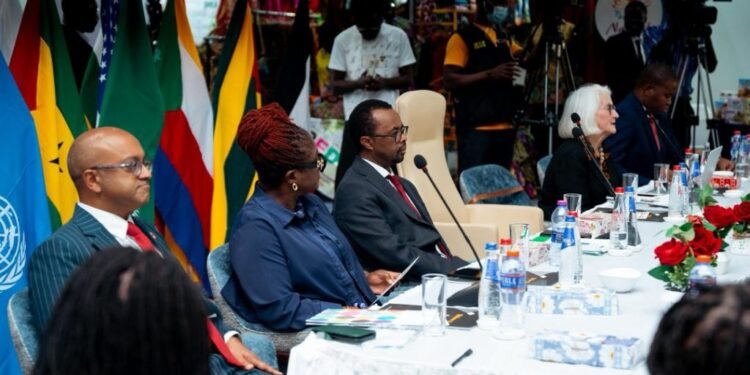Ghana’s ongoing struggle against illegal mining, or galamsey, has taken a troubling turn, with investigative journalist Erastus Asare Donkor raising fresh concerns about government inaction and political interference.
Despite mounting evidence of illegal activities in areas such as the Tano Anwia enclave, state authorities have failed to respond decisively, allowing illegal miners to continue their operations unchecked.
“The more we talk about it, we draw government attention to it – we don’t see the government’s plans to rid the forest of illegal miners.
“We are rather seeing entrenched positions, vested interest, interference with those who are trying to fight the menace aside from the government, and that is not good”
Erastus Asare Donkor, Broadcast & Investigative Journalist
According to Donkor, the fight against galamsey has been severely undermined by entrenched interests that interfere with those attempting to stop the menace.
Even when legitimate concession holders and the Forestry Commission take action, they are met with resistance from figures within the government.
The Tano Anwia enclave has become a major hotspot for illegal mining activities, with miners openly operating in forest reserves despite widespread media exposure.
Donkor criticized the government for failing to deploy security forces to stop these activities, even after extensive reports brought the situation to public attention.
He revealed that on Thursday, the Forestry Commission, along with Clean Jobs Company Limited, the legal concession holder, attempted to clear illegal miners from the area.
However, their efforts were obstructed by powerful individuals who stepped in to prevent the removal of equipment.
“We saw the regional minister step in, drive himself to the site and ask them to stop tracking the excavators they have seized in the forest to the nearest assembly. Why?”
Erastus Asare Donkor, Broadcast & Investigative Journalist
This interference, he argued, was indicative of how deeply interests had infiltrated the fight against illegal mining, making it difficult to hold perpetrators accountable.
The Western North Regional Security Council (RegSec), which should have acted swiftly, failed to intervene, leaving the problem to escalate.
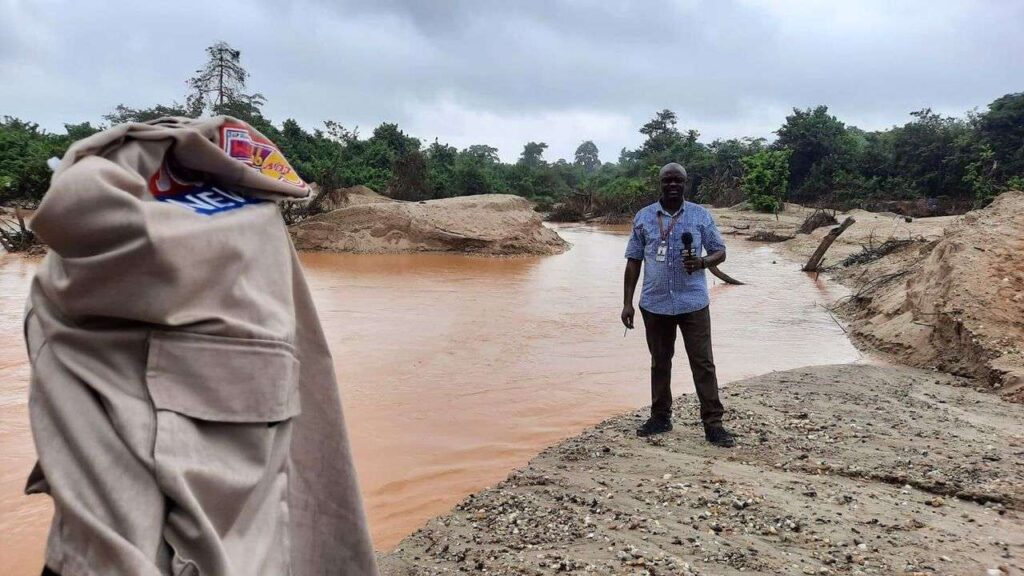
Rapid Bail for Chinese Miners
Another troubling aspect of the galamsey crisis has been the swift release of arrested foreign nationals, particularly Chinese miners.
Donkor described the situation as alarming, pointing out that law enforcement officers appeared more eager to secure the release of illegal miners than to prosecute them.
“When Chinese nationals are arrested, illegal miners – the way people are in a hurry to grant them bail is shocking.
“When you report illegal miners within your community, the complainant becomes the person who is now being targeted. How is that possible?”
Erastus Asare Donkor, Broadcast & Investigative Journalist
He attributed this to the financial incentives involved, noting that individuals within the police force and other security agencies benefited directly from granting bail to arrested miners.
“I have, personally, notified certain authorities about the role of the police at certain areas, and how certain police officers have stayed in galamsey areas for far too long and have become so compromised that the moment you report illegal miners or by citizen arrest, you arrest and take them to the police station, they are willing and they are in a hurry to grant bail”
Erastus Asare Donkor, Broadcast & Investigative Journalist
This, he argued, had further emboldened illegal miners, as they could operate with the assurance that even if arrested, they would not face serious consequences.

Bipartisan Approach to End Galamsey
In response to the ongoing galamsey crisis, Tabitha A. Ayillah, a New Patriotic Party (NPP) communication team member, called for a bipartisan approach to tackling illegal mining.
“The NDC were convinced that they could stop galamsey, in fact, they even had some ideas to give to the government as to how to solve galamsey, proposing that there should be a total ban on galamsey.
“They also asked that the government should declare a state of emergency”
Tabitha A. Ayillah, NPP Communication Team Member
She emphasized that while the NDC had, during its time in opposition, proposed all these measures to end galamsey, the real challenge lay in implementing the solutions now that the party was in power.
She acknowledged that it was easier to make proposals from the sidelines than to implement them in government and urged the current administration to put its campaign promises into action.
Ayillah reiterated that the NPP was willing to support the NDC government in its efforts to combat illegal mining, provided the issue was treated as a national crisis rather than a political one.
“We made it very clear to Ghanaians that if we politicize this fight, we are going to lose it and so as much as possible, let us declare it as a social canker and let’s fight together. Doesn’t matter your party color. We, the NPP, are ready to help them fight galamsey”
Tabitha A. Ayillah, NPP Communication Team Member
Donkor’s revelations, coupled with Ayillah’s call for unity, highlight the complex political and economic interests surrounding illegal mining in Ghana.
While the government continues to pledge its commitment to ending galamsey, interference from political figures, law enforcement compromises, and financial incentives for corrupt officials had weakened enforcement efforts.
The situation in Tano Anwia is just one example of how illegal mining persists despite legal frameworks meant to curb it.
Without decisive state intervention, as Erastus is advocating, Ghana’s forests, water bodies, and agricultural lands would continue to suffer irreparable damage.
READ MORE: Ghana’s GoldBod Bill Passed: Finance Minister Hails Economic Transformation




